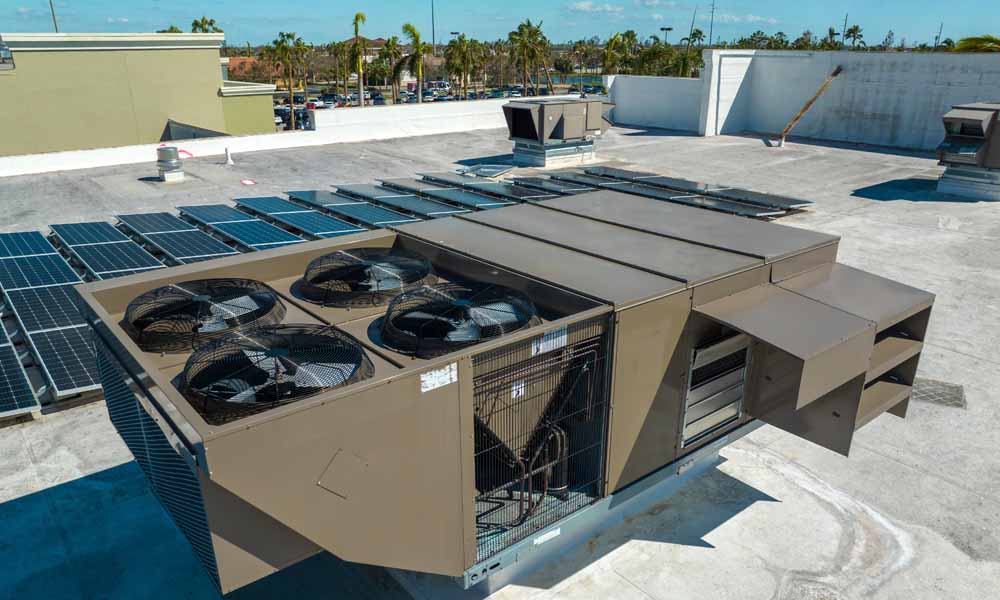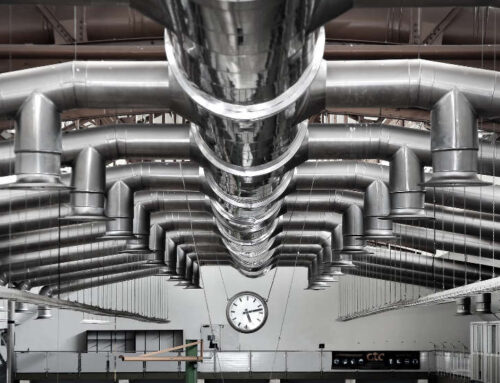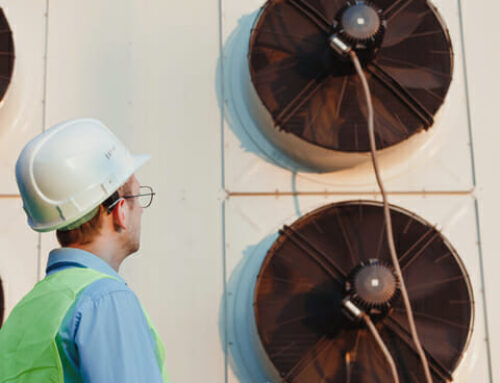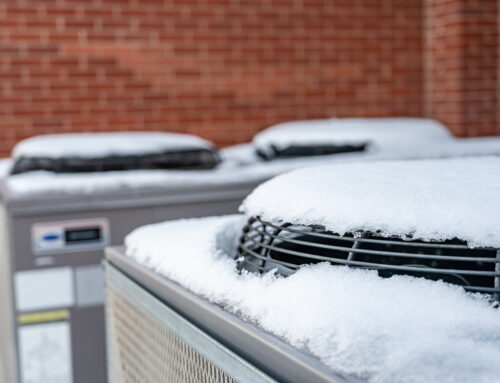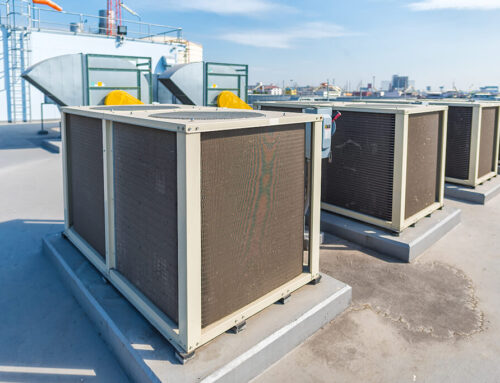Nearly 90% of our time is spent indoors, yet few of us pause to consider the air we’re breathing inside, filled with dust mites, fine dust, and dust particles, often circulated by commercial HVAC systems. For businesses, this oversight in risk management and implementation can cost more than just dollars; it impacts the health, ability, and productivity of every employee through lack of regular maintenance. Stepping into the arena of air quality and filtration solutions for commercial HVAC systems with advanced filters isn’t just a matter of compliance—it’s about safeguarding your team’s well-being while optimizing operational efficiency through regular maintenance and ability to adhere to maintenance schedules. Let’s dive deep into how upgrading your system with advanced filters and enhanced filtration ability through regular maintenance can breathe new life into your workplace environment.
Overview of Commercial HVAC Air Filtration Systems
HVAC vs. Standalone
Commercial HVAC systems integrate advanced filters with a high efficiency rating as a core function to manage indoor air quality and the ability to reduce dust mites. Unlike standalone units, these systems work across entire buildings. This ensures uniform air quality in all areas.
Standalone filters, with their superior filtration efficiency and performance ability, are useful for targeted areas but lack the comprehensive reach and efficiency rating of an HVAC system. They’re best for small spaces or specific needs.
Air Filter Role
Air filters with superior filtration efficiency and a high efficiency rating in commercial HVAC systems are crucial for their ability to maintain clean indoor environments. Advanced filters in commercial HVAC systems trap pollutants, allergens, and dust particles, preventing them from circulating through the building.
Regular maintenance and filter changes ensure optimal performance. Neglect in commercial HVAC maintenance can lead to poor air quality and health issues among occupants due to reduced ability in filtration and lack of advanced filters.
Energy Impact
HVAC systems significantly influence energy consumption within commercial settings. Properly maintained commercial HVAC systems with efficient advanced air filtration run more effectively, reducing energy costs over time.
Conversely, neglected or inefficiently designed commercial HVAC and filtration systems strain resources and increase expenses due to higher operational demands.
Importance of Optimizing Air Quality in Commercial Settings
Employee Productivity
Optimizing air quality in commercial settings is crucial. Clean air links directly to enhanced employee productivity. Workers perform better in environments with high-quality air. This isn’t just about feeling fresh; it’s about the brain receiving the oxygen it needs to function optimally through proper filtration provided by commercial HVAC systems.
Poor air quality, affected by commercial HVAC and filtration, can slow down cognitive functions and increase fatigue. A well-ventilated space, with proper filtration and commercial HVAC, on the other hand, keeps minds alert and focused. Think of it as ensuring your team has all they need to excel, including the very air they breathe, thanks to commercial HVAC and filtration.
Health Benefits
Clean air brings significant health benefits too. It reduces risks associated with respiratory problems and allergies. In offices or commercial spaces where many people gather, filtration is key.
Fewer health issues mean reduced sick days among employees. This directly impacts a company’s overall rating positively since consistent performance boosts success rates.
Customer Satisfaction
Lastly, customer comfort and satisfaction in commercial HVAC systems are closely tied to clean environments through effective filtration. When customers step into a commercial space that boasts excellent air quality through advanced HVAC and filtration, their comfort levels rise.
This isn’t just good for business reputation—it also encourages repeat visits and higher customer retention rates.
People naturally prefer places where they feel physically comfortable and safe from health risks associated with poor ventilation, inadequate filtration, or polluted indoor air.
Types and Functionalities of Air Purification Systems
HEPA Filters
HEPA filtration filters are a popular choice in commercial HVAC systems. They can trap 99.97% of particles that are 0.3 microns or larger through filtration.
These filtration filters are great for capturing dust, pollen, and other allergens. However, they do not remove gases or odors. This makes them less effective against chemical pollutants.
Activated Carbon
Activated carbon works differently from HEPA filters. It absorbs gases and odors but is not as effective against particulate matter in filtration.
This type of filtration filter is ideal for removing volatile organic compounds (VOCs) and smells from the air. For example, it can clear out fumes from cleaning products or cooking smells in a restaurant setting through filtration.
UV Light Purifiers
UV light purifiers use ultraviolet light and filtration to kill bacteria and viruses in the air.
They do not trap particles like HEPA filters or absorb gases like activated carbon filtration systems. Instead, they offer an extra layer of filtration protection against biological contaminants.
Multi-Stage Filtration
Multi-stage filtration combines several types of purification technologies to tackle various pollutants.
For instance, a filtration system might use a pre-filter for large particles, followed by a HEPA filter for smaller allergens, then an activated carbon filter for odors and VOCs, finishing with UV light to kill germs.
This comprehensive approach, including filtration, ensures that air quality in commercial settings remains high across all fronts.
Selecting the Right Air Filters for Commercial Buildings
Filter Efficiency
Understanding filter efficiency ratings like MERV and HEPA is crucial. These ratings tell you how well the filter can trap particles. Higher MERV values mean better filtration but also more resistance to airflow. For most commercial settings, a balance is needed.
HEPA filters are top-tier, capturing over 99.97% of airborne particles as small as 0.3 microns. They’re ideal for hospitals or labs where air purity is critical. However, they may not be necessary for all commercial buildings due to their higher cost and airflow restriction.
Building Size
Consider your building’s size and airflow needs when choosing filters. Larger buildings require filters that can handle high volumes of air without losing efficiency or increasing energy costs too much.
For smaller spaces, standard filters with lower MERV ratings might suffice, especially if budget constraints are present. It’s about finding the right fit for your specific situation without compromising on air quality or incurring unnecessary expenses.
Energy Efficiency
Balancing air quality needs with energy efficiency is vital. High-efficiency filters clean the air better but can strain HVAC systems by restricting airflow, leading to higher energy use.
-
Pros of high-efficiency filters:
-
Improved indoor air quality.
-
Reduced allergens and pollutants.
-
Cons:
-
Increased energy consumption.
-
Potential strain on HVAC systems.
Choosing wisely means considering both immediate benefits and long-term impacts on operational costs and system longevity.
Maintaining Air Filters for Efficiency and Health
Regular Inspections
Regular maintenance is key to keeping your commercial HVAC system running smoothly. Inspection schedules should be a top priority. By checking air filters regularly, you can spot problems early.
Neglecting this task leads to clogged filters. This reduces airflow and forces the system to work harder. It increases energy costs significantly. To avoid this, set a routine for inspections.
Replacement Schedules
Replacing air filters on time is crucial for maintaining air quality. Over time, filters get filled with dust particles, pollen, and pet dander. These pollutants can harm health if not removed.
A good rule of thumb is to replace filters every three months. However, some advanced filters might have different needs based on their efficiency rating.
-
Pros of timely replacement include:
-
Lower energy costs
-
Superior filtration efficiency
-
Cons of neglecting replacement:
-
Higher maintenance costs
-
Poor indoor air quality
Professional Assessments
Sometimes it’s best to call in the experts. Professionals can assess your system’s performance accurately. They consider factors like fine dust and viruses that impact filter choice.
Professional assessments ensure you use the right advanced filters for your needs. This maximizes efficiency while minimizing maintenance costs over time.
Addressing Gases and Pollutants in Commercial Environments
Common Sources
In commercial areas, various activities release gases and pollutants. These include manufacturing processes, cleaning operations, and even office equipment. The substances can harm health and comfort.
Common indoor pollutants are volatile organic compounds (VOCs) from paints or cleaners. Others are formaldehyde from furniture or carbon monoxide from heating systems. Identifying these sources is the first step to improving air quality.
Activated Carbon Filters
Activated carbon filters excel at removing odors and gases. They work by trapping gas molecules within their pores, effectively reducing pollutant levels in commercial environments.
For example, a restaurant might use them to eliminate cooking smells. Offices could benefit too, especially those using chemical-based cleaners or printers that emit VOCs. Incorporating activated carbon filters into HVAC systems makes a significant difference in air purity.
Ventilation Strategies
Improving ventilation is key to diluting indoor pollutants.
-
Opening windows helps but may not be enough for large commercial spaces.
-
Mechanical ventilation systems bring fresh outdoor air inside while filtering out particles.
Installing energy recovery ventilators (ERVs) is another smart move. ERVs exchange indoor air with filtered outdoor air without losing much heat or coolness. This strategy ensures that fresh air circulates throughout buildings efficiently.
Ensuring Compliance with Air Cleaning Codes
Regulation Awareness
Understanding local, state, and federal regulations is crucial. These rules vary by location but aim to ensure clean air in commercial spaces.
Businesses must familiarize themselves with these laws. Not doing so can lead to fines or shutdowns. It’s about safety and legality. For instance, certain areas may have strict codes on the types of filters used in HVAC systems.
Compliance Strategy
Implementing a compliance strategy is key for any business. This involves regular checks and maintenance of HVAC systems.
Documentation plays a big role here. Keep detailed records of all inspections and maintenance activities. These documents should be easily accessible for when inspectors come calling.
Having a clear plan helps avoid last-minute rushes during inspection times. It also ensures that your system runs efficiently, keeping air quality high.
Affordable Solutions for Commercial HVAC Air Filtration
Cost-Effective Filters
Choosing the right filters is crucial. Not all filters are made equal. Some cost less but still perform well. Look for high-efficiency options that don’t break the bank.
Businesses can save money without sacrificing air quality. For example, pleated filters offer a good balance between cost and efficiency. They catch more particles than flat ones, making them a smart choice.
Phased Upgrades
Upgrading in phases helps spread costs over time. Start with areas most in need of better filtration. This approach makes improvements manageable financially.
First, assess your current system’s performance and needs. Then, prioritize upgrades based on necessity and budget constraints. Implementing changes gradually will improve air quality while keeping expenses under control.
Incentives Exploration
Many governments offer rebates or incentives for energy-efficient systems. These can significantly reduce the cost of upgrading commercial HVAC systems.
Research available programs in your area. Apply for those you qualify for to offset initial costs. This strategy not only saves money but also promotes sustainability within your operations.
Summary
Navigating the world of commercial HVAC air filtration can seem like a maze, but it’s clear that breathing easy isn’t just a luxury—it’s a necessity for health and efficiency in your workspace. We’ve walked through the ins and outs, from selecting the right filters to keeping them in tip-top shape, all while keeping an eye on compliance and cost-effectiveness. Think of your air filtration system as the lungs of your building; you want them clean, strong, and efficient to keep everything else running smoothly.
Now’s the time to take action. Don’t let your air quality be an afterthought. Assess your current system, consider upgrades or maintenance, and maybe even consult with an expert if you’re feeling out of your depth. Your employees, customers, and bottom line will thank you for it. Let’s clear the air together—your business’s health depends on it.

